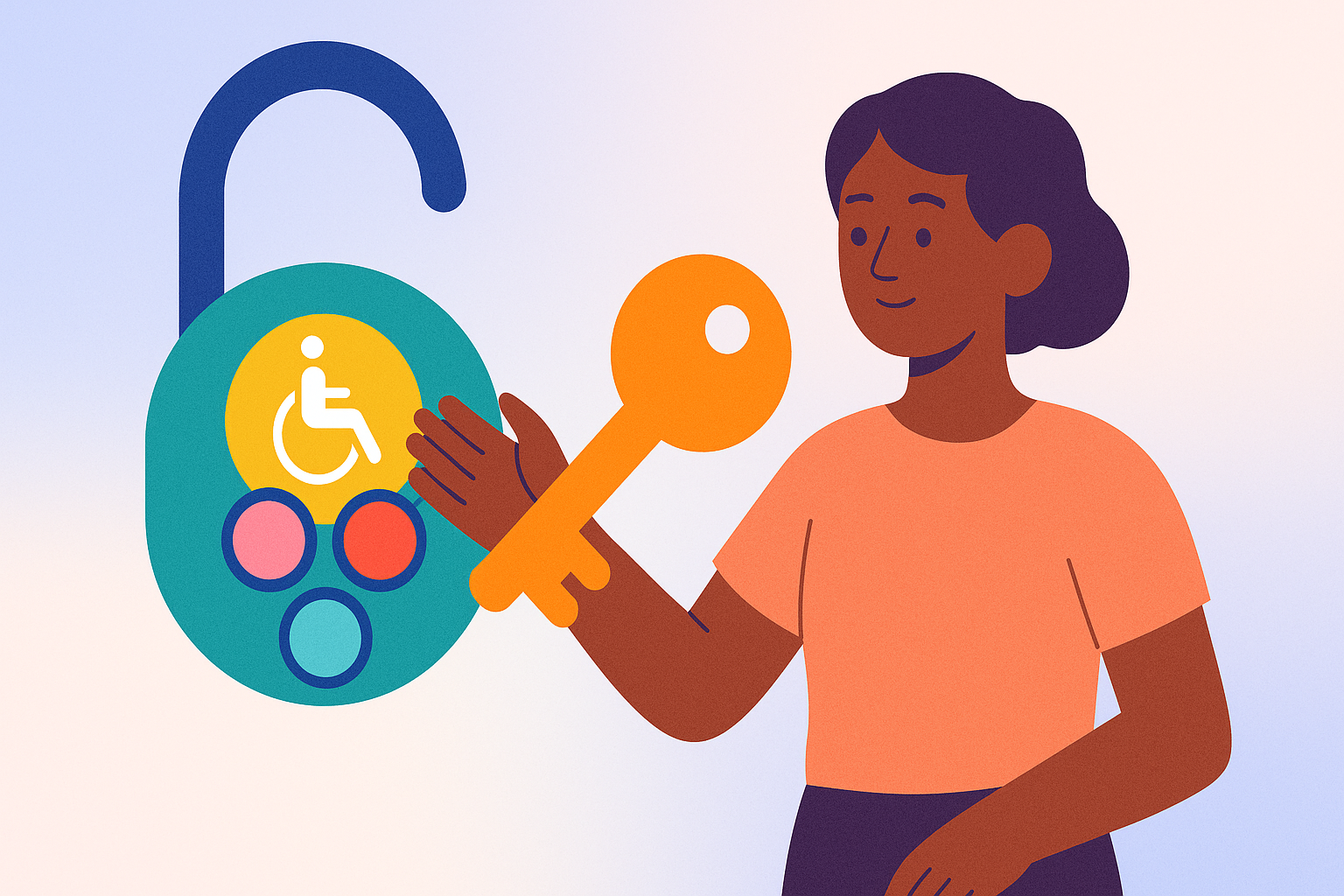


Alternative locking mechanisms, also known as adaptive locks or assistive locking devices, are specialized tools designed to help individuals with limited hand strength, dexterity, or mobility operate locks more easily. These accommodations modify traditional locking systems to provide easier access and improved independence for people with physical disabilities, arthritis, or neurological conditions. By offering ergonomic handles, lever-style locks, or electronic keyless options, alternative locking mechanisms reduce the strain and frustration often experienced with standard locks. These devices promote safety and accessibility in both residential and workplace settings, supporting inclusive environments where everyone can manage entry points without assistance.
Select the appropriate locking device based on the user’s specific needs and the type of door or drawer. Install according to manufacturer instructions, often requiring minimal tools. Test the mechanism to confirm smooth operation and accessibility. Regularly clean and lubricate moving parts to maintain functionality. Train users on proper use to maximize independence and safety. Periodically review the setup to adapt to any changes in ability or environment.
Disclo streamlines requests, documentation, and tracking for Alternative Locking Mechanisms, so HR teams and employees spend less time on paperwork and more time working productively.
